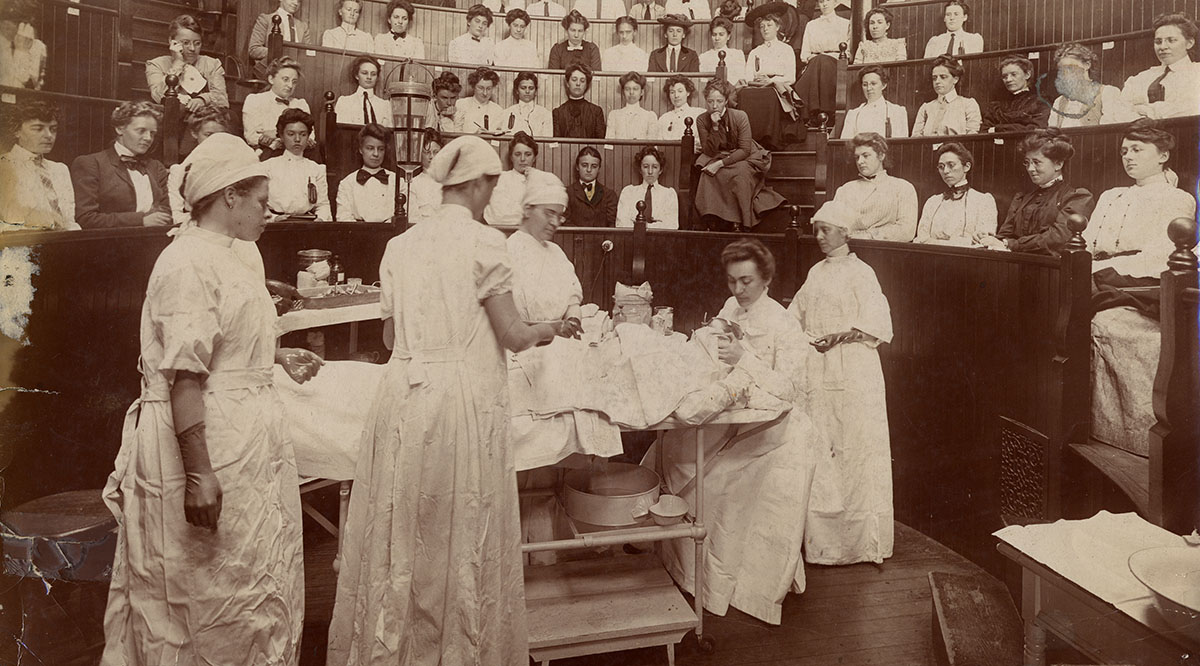
FAQ About Women in the History of Medicine
Women in the History of Medicine
2 years ago | gizem
Who was Rita Levi-Montalcini, and what did she discover about nerve growth factors?
Rita Levi-Montalcini was an Italian neurologist and neuroscientist who made groundbreaking discoveries related to nerve growth factors. She is renowned for her contributions to our understanding of how nerves grow and develop, which had profound implications for the fields of neuroscience and cell biology. Here is an overview of her life and her discoveries:
Early Life and Education:
- Rita Levi-Montalcini was born on April 22, 1909, in Turin, Italy, into a Jewish family.
- She pursued her education in medicine at the University of Turin and graduated in 1936 with a degree in medicine and surgery.
- Levi-Montalcini's academic career faced significant challenges due to the rise of fascism and anti-Semitic laws in Italy, which led to her temporarily leaving academia.
Discovery of Nerve Growth Factor (NGF):
- During World War II, Levi-Montalcini conducted experiments on chick embryos in a makeshift laboratory in her bedroom. It was during this time that she made her groundbreaking discovery.
- In the early 1950s, she identified and isolated a protein molecule produced by certain cells that she called "nerve growth factor" (NGF).
- NGF was found to stimulate the growth and survival of nerve cells (neurons) during development and in the adult nervous system.
Significance of the Discovery:
- Levi-Montalcini's discovery of NGF revolutionized our understanding of how nerve cells function and grow.
- NGF was the first growth factor to be discovered, laying the foundation for the field of growth factor research.
- Her work opened up new avenues of research into neurodevelopment, neurodegenerative diseases, and potential therapeutic interventions.
Later Career and Awards:
- Rita Levi-Montalcini had a distinguished career in academia, holding positions at Washington University in St. Louis, Missouri, and later at the National Research Council in Italy.
- She continued to study NGF and its role in various physiological and pathological processes.
- In recognition of her pioneering research, she received numerous awards and honors, including the Nobel Prize in Physiology or Medicine in 1986 (shared with Stanley Cohen) for her work on NGF.
